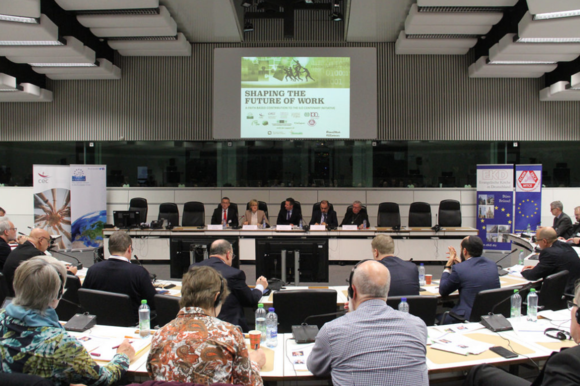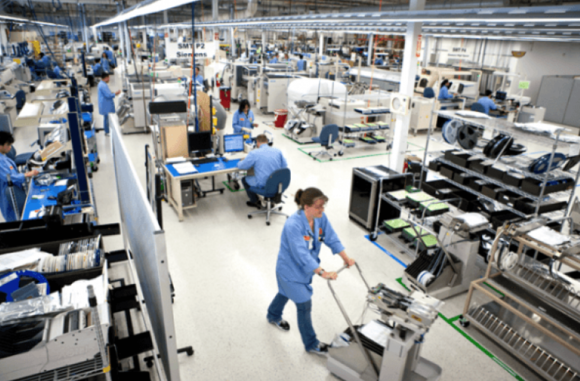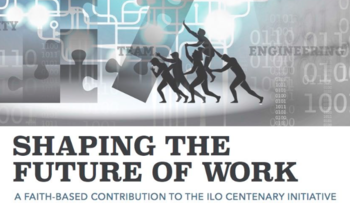NEWS
COMECE Social Affairs Commission discuss key policy areas for a just ecological transition
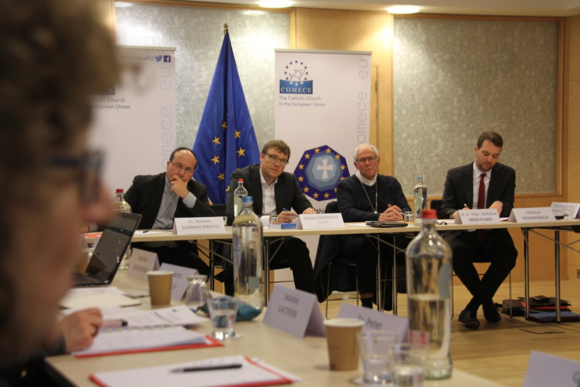
Under the chairmanship of H.E. Mgr. Antoine Hérouard, the COMECE Social Affairs Commission gathered in Brussels on Wednesday 20 and Thursday 21 November 2019 to exchange views on key EU challenges towards integral ecology and a just transition. The meeting was held in dialogue with EU representatives, experts and Church inspired organisations. During the event, experts delegated by EU Bishops’ Conferences, as well as by … Continue reading

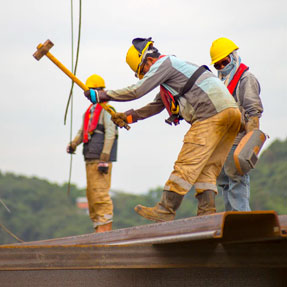 In 1957 the six founding nations of the European Economic Community set out to create a common market with a common competition and trade policy. This project remains central to the European Union.
In 1957 the six founding nations of the European Economic Community set out to create a common market with a common competition and trade policy. This project remains central to the European Union.

